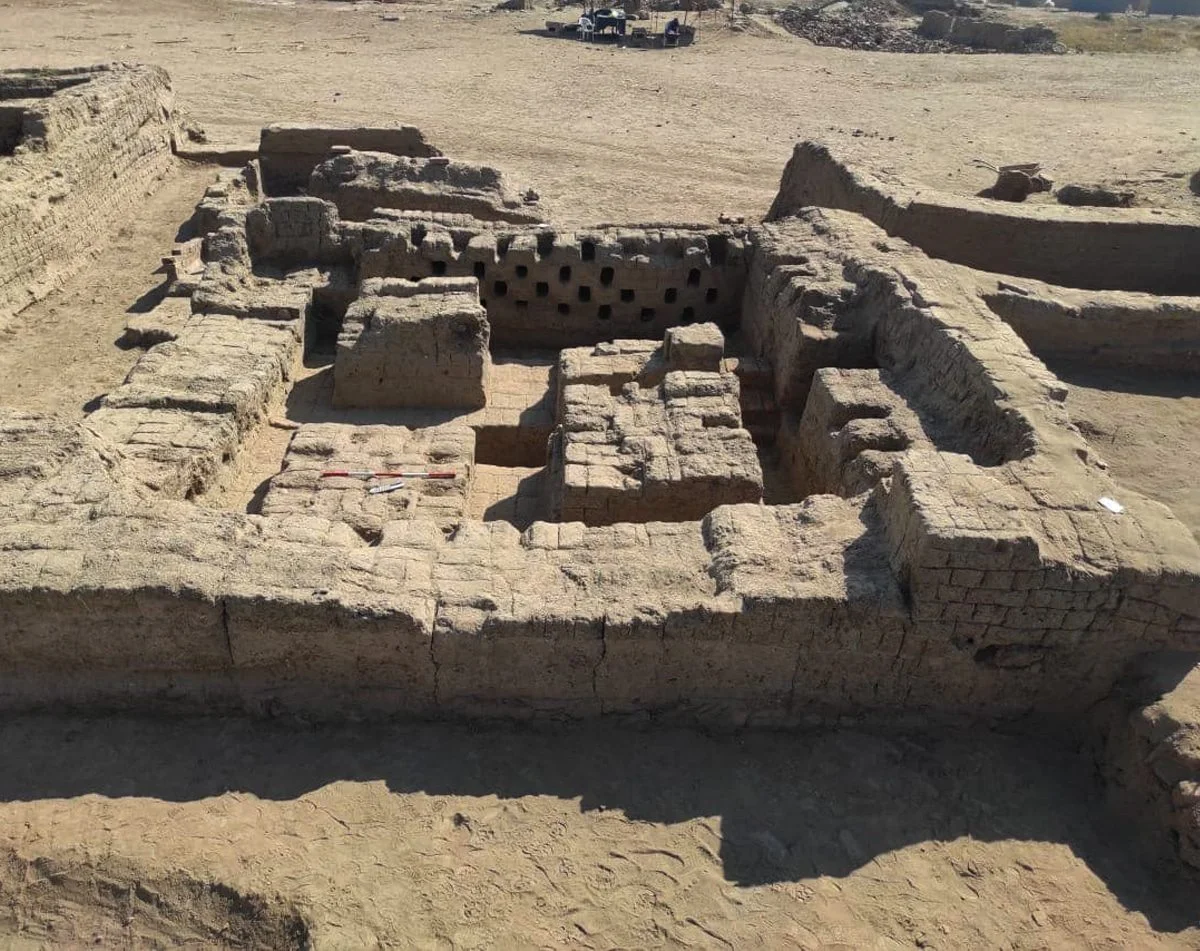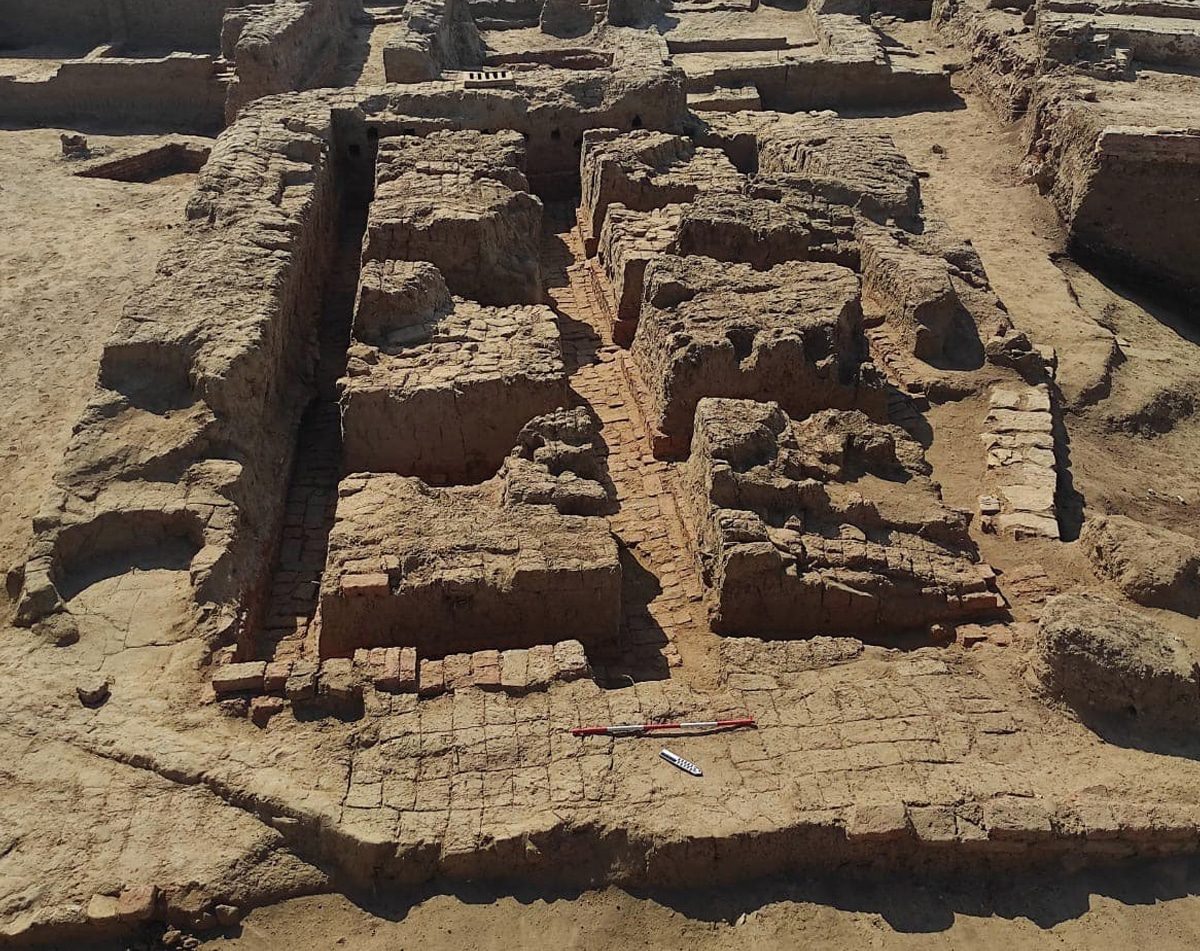Archaeologists have found the remains of a Roman city during excavations in Luxor, Egypt.
An Egyptian archaeological mission, led by Dr. Mustafa Waziri, Secretary-General of the Supreme Council for Archaeology, were excavating adjacent to the Ancient Egyptian Temple of Luxor.
Excavations revealed the remains of a residential city, which preliminary dating suggests is from the Roman period around the 2nd to 3rd century AD.
Luxor was the ancient city of Thebes, the great capital of Upper Egypt during the New Kingdom. The Ancient Greeks called the city Thebai, which the Romans adapted to Thebae, using the Temple of Luxor and its surroundings as a legionary fortress and the seat of Roman administration for the region.

The excavations have found the remains of several Roman houses and the foundations of two towers for housing piegeon. The towers contained numerous ceramic vessels, which according to Dr Fathy Yassin, Director General of Antiquities of Upper Egypt, were used for nesting pigeons.
Archaeologists also found Roman workshops for the manufacture and smelting of metals, where the team found pots, grinding tools, pottery and coins made from copper and bronze.
Previous excavations near the site have revealed part of a wall and a store house from the Roman period, in addition to evidence of Byzantine architectural remains, amphorae and several artefacts.
Dr. Mustafa Waziri said: “Excavations would continue at the site, as it is believed that more relics in the area are waiting to be found.”
Ministry of Tourism and Antiquities
Header Image Credit : Ministry of Tourism and Antiquities





